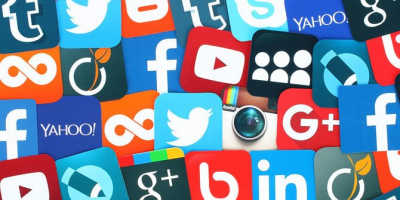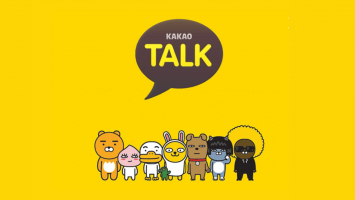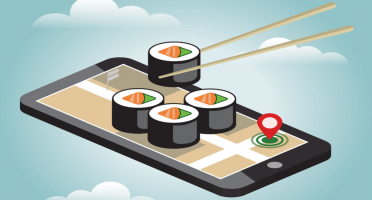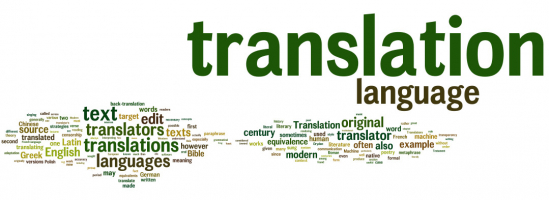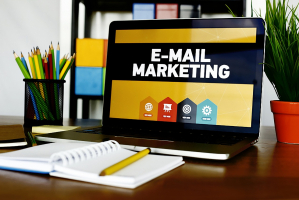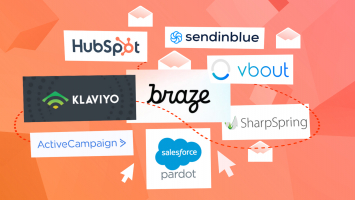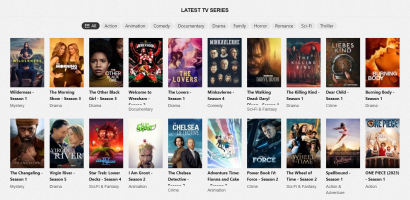Top 9 Most Used Email Services
Email has become so pervasive that it now defines nearly every aspect of our lives. With over 300 billion emails sent daily, the modern world revolves around ... read more...this communication tool. Chances are, you already have multiple email accounts, but if they're not meeting your needs, you're likely searching for alternatives. Fortunately, we have picked out this list of the most used email services for you to find the one that best suits your requirements!
-
Google's Gmail has more than a billion users worldwide, making it a powerful free email service. With its 15GB data allowance and advanced anti-spam and phishing protection, it is no surprise that Gmail is popular. It also integrates smoothly with other Google productivity tools like Chat, Meet, Calendar, Docs, and Drive, as well as email clients such as Outlook, Apple Mail, and Thunderbird. Setting up Gmail on desktops and mobiles is straightforward, and the interface is clean and collapsible to ensure it doesn't interfere with your work. However, some features may not be appealing to everyone, such as the Smart Compose feature that makes suggestions while typing.
In addition to its power, Gmail offers various useful features. Dynamic mail allows you to take actions within emails, such as filling out questionnaires or responding to Google Docs comments. Confidential Mode can set an expiration date for messages and protect them with a passcode. Offline mode lets you access Gmail and compose messages without internet connectivity, though it requires Chrome. While Gmail's free plan has reasonable limitations such as 15GB storage and 500 daily email sends, business or more serious users may prefer Google's Workspace product.
Developer/Owner: Google
Launch date: April 1, 2004
Website: gmail.comUsers: ~1.8 billion users as of 2023
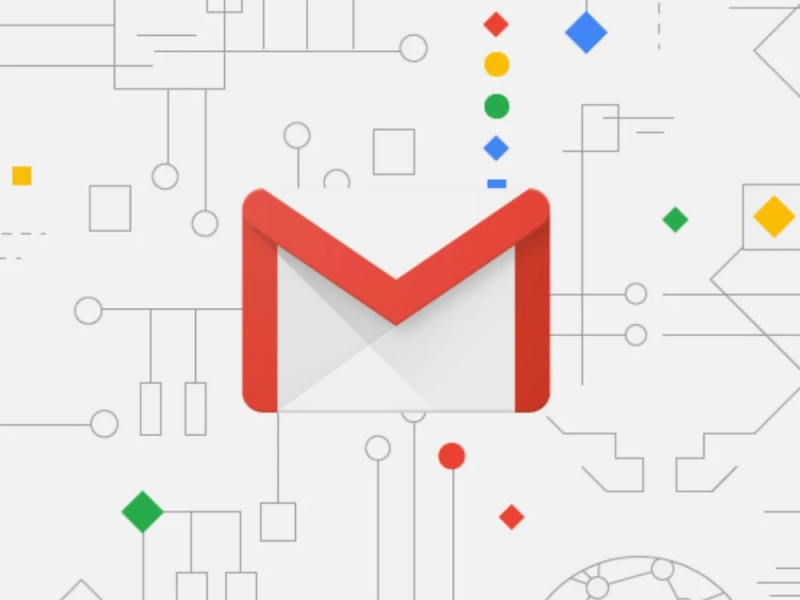
Photo on Trusted Review (www.trustedreviews.com) Source: https://www.youtube.com/@KevinStratvert -
iCloud Mail is a cloud storage and synchronization service created by Apple Inc. Launched on October 12, 2011, it allows users to store and access data across multiple devices, including Apple Mail, Apple Calendar, Apple Photos, Apple Notes, contacts, settings, backups, and files. It is integrated into various operating systems, such as iOS, iPadOS, watchOS, tvOS, macOS, a limited web interface, and Windows applications.
The service offers a free storage plan of 5 GB, which can be upgraded to 50 GB, 200 GB, or 2 TB through paid plans. All paid plans feature iCloud+ that adds Private Relay, Hide My Email, and Custom Email Domain functionality. As of 2018, iCloud Mail had an estimated user base of 850 million, up from 782 million in 2016.
In December 2022, Apple implemented optional end-to-end encryption for all iCloud data, except for Calendar, Contacts, and Mail, which rely on legacy sync technologies to ensure compatibility with third-party apps (CalDav, CardDav, IMAP). The feature was first launched to US customers on December 13, 2022, and released worldwide on January 23, 2023.
Some key features of iCloud Mail include its seamless integration with the Apple ecosystem, allowing for easy collaboration with other users, and the availability of customer support from Apple. However, iCloud Mail has been designed by Apple to primarily offer personal email solutions, resulting in a lack of advanced features available in competing email providers.Developer/Owner: Apple Inc.
Launch date: October 12, 2011
Website: icloud.comUsers: ~850 million users as of 2021
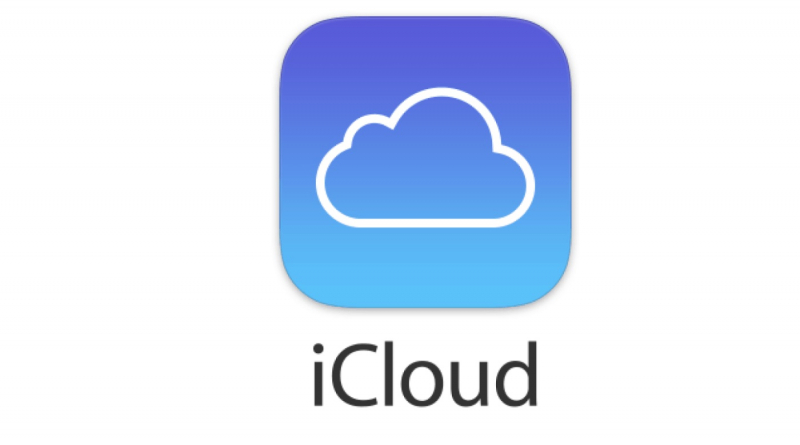
Photo by Dennis Sellers on Rocket Yard (eshop.macsales.com) Source: https://www.youtube.com/@macmost -
Outlook is an email service that uses machine learning to rank incoming emails and display important ones in the Focused tab, while hiding less essential ones in the Other tab. Users can easily organize appointments, meetings, and events using the Calendar feature and store contacts in People. Outlook is also highly accessible, with support for assistive devices and voice navigation. Quick Parts allows users to save and paste blocks of text at their convenience.
One drawback of Outlook is that its user interface can be slightly cramped. However, its web app is a strong competitor to Gmail, offering a generous free 15GB Inbox, an extra 5GB OneDrive cloud storage, and access to the web and mobile versions of Word, Excel, and PowerPoint.
While the Outlook web interface may appear cluttered compared to Gmail, it's familiar and similar to desktop. The organizational tools on the left, current folder contents in the center, and a simple preview pane on the right (with adverts for free accounts) make it easy to navigate. Under the hood, Outlook automatically detects important emails and adds them to the Focused Inbox, adds events to the calendar, and offers the ability to share calendars or add polls directly to emails.
Outlook also has excellent attachment support and allows users to attach files from OneDrive, Google Drive, Dropbox, and Box accounts. The ample 15GB mailbox capacity enables users to store plenty of files from others.Developer/Owner: Microsoft Corporation
Launch date: October 5, 2021
Website: outlook.comUsers: ~400 million users as of 2023
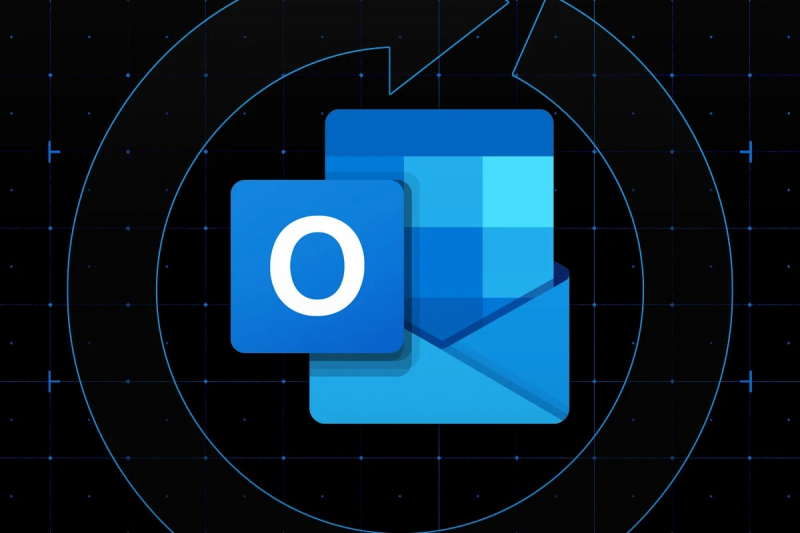
Photo on Trusted Review (www.trustedreviews.com) Source: https://www.youtube.com/@MikeTholfsen -
Yahoo Mail, launched in 1997, is still the top email provider used by people all over the world. In recent times, it has made significant progress and aims to be the ultimate consumer email service, offering subscription management, generous free storage, and extensive personalization options, making it possibly the most customizable mobile inbox.
You can add almost any email account to your Yahoo inbox, manage deliveries, travel bookings, and documents from one place, and unsubscribe from mailing lists at your convenience. The free version gives users a massive 1TB of storage, and customization options are abundant, especially on mobile devices.
However, Yahoo Mail has limited customer service, although it remains a polished and professional service that stands up well against the competition. Storage ranges from 1TB to 5TB, with a well-designed interface similar to Outlook, and customizable notifications raise alerts for important emails.
Although not as configurable as Gmail or Outlook, Yahoo Mail still offers useful layout tweaks and message previews. However, its mail organization cannot match the flexibility of Gmail's labeling scheme, and there is no message encryption. Nevertheless, Yahoo's free plan is an attractive service deserving a spot on your email shortlist. For those willing to pay $5 a month, Yahoo Mail Plus drops ads, raises storage to 5TB, supports disposable email addresses, and adds 24/7 phone and chat support.
Developer/Owner: Yahoo Inc.
Launch date: October 8, 1997
Website: yahoo.comUsers: ~227.8 million users as of 2023

Photo on Free. (http://free.arinco.org/mail/yahoo/) Source: https://www.youtube.com/@Yahoo -
Zoho Mail's free version is a time-saving option for families and small businesses as it supports up to five users with the same account. It also offers a custom domain feature, which most providers reserve for their paid plans, and every user has a 5GB inbox, leading to an impressive maximum storage of 25GB. The interface is intuitive, and features like folders, tags, filters, and smart searches make organizing emails easy. However, there are some limitations to the free plan, such as web and mobile app access only, no message encryption, IMAP or POP support.
Upgrading to Zoho Mail Lite for $12 per year adds IMAP and POP support, email encryption, syncing across devices, sending attachments up to 250MB via links, and multiple custom domains. There's also a Mail Premium plan for $48 per year that provides more storage, digital signature and encryption tools, and email archiving.
Zoho Workplace, which includes Zoho Mail and other online office tools like a word processor, spreadsheet, presentation app, chat, meeting and collaboration tools, is an excellent choice for business or demanding users on a budget. With prices starting at just $3 a month billed annually, it's significantly cheaper than competitors like Microsoft 365 and Google Workspace but still offers enterprise-level power.
Developer/Owner: Zoho Corporation
Launch date: 2008
Website: zoho.comUsers: ~80 million users as of 2023
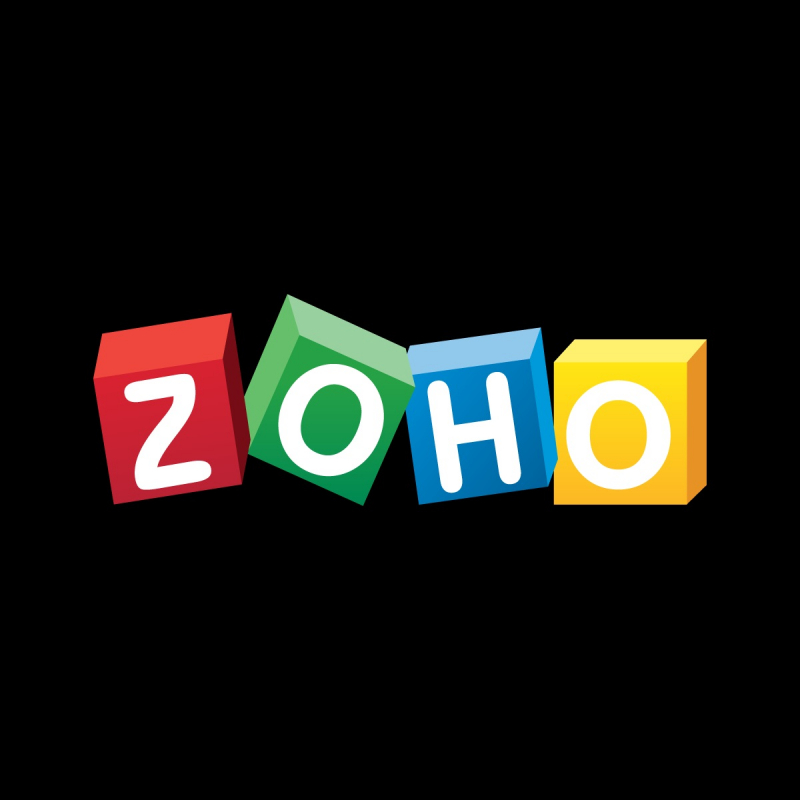
Photo on Free. (http://free.arinco.org/mail/zoho) Source: https://www.youtube.com/@IdeaSpot -
ProtonMail is a Swiss-based email service that prioritizes user privacy through client-side encryption and optional password protection. Users can create a free account without providing any personal details, ensuring anonymity from the start. However, the free plan has limitations, including a single email address and a small 500MB inbox (which can be increased to 1GB by providing an email address or phone number), and no IMAP or SMTP support. There are also organizational tool restrictions and a 150 message per day sending limit.
Despite these limitations, ProtonMail offers an intuitive interface with useful tools like an Importer for quick setup and support for two-factor authentication via apps or physical keys. The service integrates smoothly with other Proton services like ProtonVPN, Proton Calendar, and Proton Drive, which provides secure cloud storage, although it also uses the same 500MB limit as the Inbox.
While critics point out that ProtonMail doesn't encrypt subject lines and offers limited storage compared to other services, its open-source platform allows skeptics to examine its source code for privacy assurance. Moreover, users can set emails to self-destruct after a specified time. Overall, ProtonMail's privacy features make it an excellent option for users who prioritize security over convenience.
Developer/Owner: Proton AG
Launch date: May 16, 2014
Website: mail.proton.meUsers: ~70 million users as of 2023
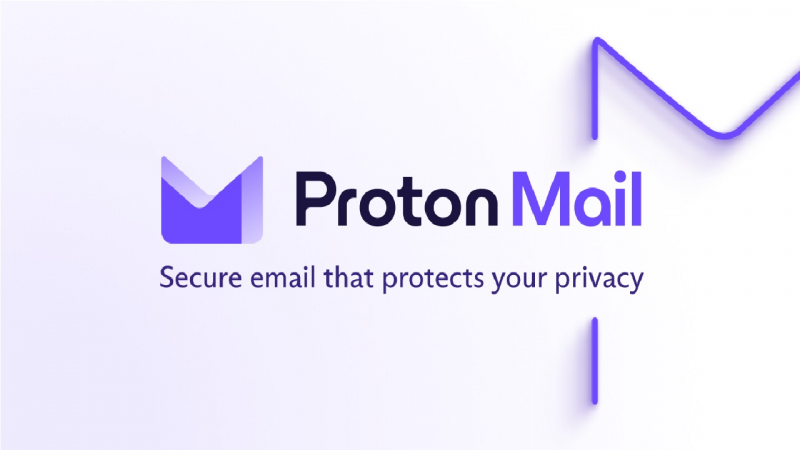
Photo on Wikipmdia Commons (commons.wikimedia.org) Source: https://www.youtube.com/@businessguide6 -
GMX Mail is a complimentary email service offered by GMX (Global Mail eXchange) which relies on advertising for its revenue. In 2009, GMX acquired the domain name of Caramail, a widely-used French webmail service that was closed down by Lycos Europe. As a result, older Caramail users were migrated to GMX's new email system. Furthermore, in 2010, GMX procured Mail.com, an American domain name, along with its customer base. Now, it offers two versions of its service, one for German users and another for English, French, and Spanish users, therefore, email accounts can be registered with a choice of .com, .co.uk and .us, amongst many others. The version chosen determines the features available within the free version of GMX Mail, which includes virus and spam protection, file-sharing capabilities with attachments up to 50MB, and support for SMTP, POP3, and IMAP4.
Although GMX Mail provides limitless storage space, it heavily relies on pop-up ads and does not offer two-factor authentication in its international version. Additionally, its free service does not support POP and IMAP. However, GMX is GDPR-compliant since it is based in Germany, providing users with European privacy protection. It is recommended to consider GMX when designing emails but be aware that it is not as popular as other email providers.
Developer/Owner: GMX Internet Services, Inc.
Launch date: 1997
Website: gmx.comUsers: ~11 million users as of 2021

Photo on Free. (http://free.arinco.org/mail/gmx/) Source: https://www.youtube.com/@uutech7112 -
Tutanota is a secure email provider headquartered in Germany that fully encrypts emails end-to-end and stores them on servers powered by renewable energy, making it a popular alternative to its main competitor, ProtonMail. This email service provides users with a fully-encrypted calendar, including encrypted notifications, for comprehensive privacy. Moreover, Tutanota ensures complete anonymity, as free users aren't required to provide any personal information. Tutanota's source code is open-source, ensuring transparency, and it complies with GDPR laws to ensure privacy.
Tutanota's software has been open-sourced since 2014 and is available for review by outsiders on GitHub. Unfortunately, The email service has been blocked in Egypt since October 2019 and in Russia since February 2020 for unknown reasons, although the blockages are thought to be related to recent actions against services operating outside of the country, particularly those that utilize encrypted communications. Despite being blocked in these countries, users can still access Tutanota's service via Tor or VPN.
Tutanota offers support for iOS, Android, Windows, and Linux apps, allowing users to send secure emails from virtually anywhere. The email service's SecureConnect feature allows users to add fully-encrypted contact forms into websites, and its email inbox is ad-free to reduce distractions. Users can keep their contacts safe and available whenever they need them. However, Tutanota's user interface may be slightly clunky compared to its competitors, and only paid users receive email support, whereas ProtonMail offers support for all.
Developer/Owner: Tutao GmbH
Launch date: 2011
Website: tutanota.comUsers: ~2 million users as of 2023
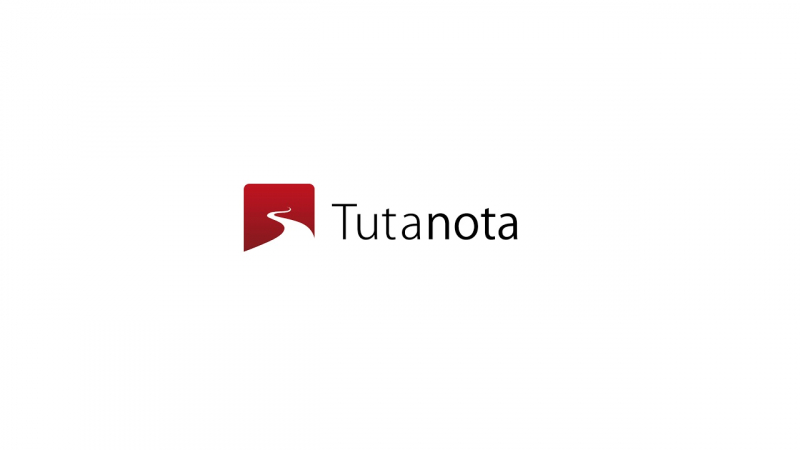
Photo on Free. (http://free.arinco.org/mail/tutanota) Source: https://www.youtube.com/@Tutanota -
AOL Mail is a web-based email service offered by AOL, a division of Yahoo! Inc, which provides free email accounts to users. Despite being an early adopter of the internet and serving as the first email provider for many, AOL has maintained its commitment to offering a quality service. However, there has been a significant drop in the number of users of this email service. Until 2015, there were still around 2.1 million people that used AOL's dial-up service, this number dropped dramatically, as in 2021, only a few thousand were still subscribed to AOL
Although not the most sophisticated email service available, AOL Mail is highly regarded for its privacy and user-friendly interface. It boasts several distinguishing features, including unlimited storage capacity, the ability to delete emails in bulk, a reading pane mode that allows users to read emails without leaving their inbox, and support for Pop and IMAP protocols, which enables users to download emails directly onto their device.
One potential drawback of AOL Mail is its limited attachment size. Unlike other popular email services such as Gmail and Outlook, AOL does not offer the option to upload large files to an external drive. As a result, users are restricted to modest attachment sizes.
Developer/Owner: AOL
Launch date: December 1999
Website: mail.aol.comUsers: ~1.5 million users as of 2021

Photo on Free. (http://free.arinco.org/mail/aol/) Source: https://www.youtube.com/@WebTechTutorial











